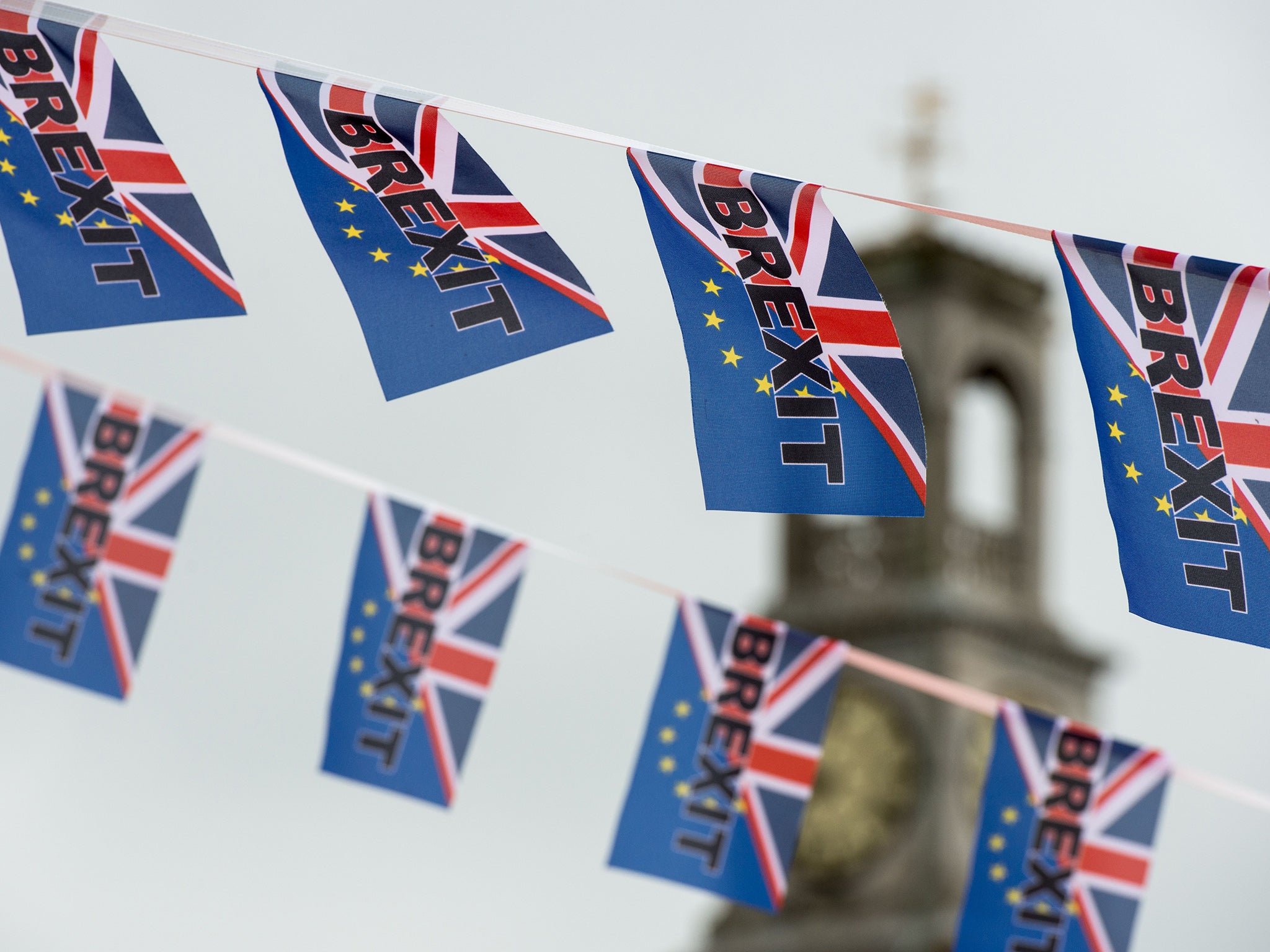EU referendum: Latest polls show a small but significant shift towards Remain - but can we trust the figures?
Opinion polls do not always turn out to be right. Sometimes because of sampling errors, and sometimes because people are not really answering the question they are being asked

The poet Hilaire Belloc advised that you should “always keep a-hold of nurse for fear of finding something worse” – advice the British electorate generally takes to heart.
A week ago, it appeared that voters might actually ignore Mr Belloc and let go of nurse. A poll published in The Independent on 10 June showed that 55 per cent in favour of defying the experts and leaving the EU, against 45 per cent who were for staying in. A run of opinion polls over the next few days showed Brexit ahead by similar margins.
But now the polls are telling a different story. They suggest that the result is so close that either side could snatch a victory, implying that in the final week there has been a small but significant shift of opinion towards Remain.
The polls showing a narrower gap were published as the nation absorbed the horror of the murder in broad daylight of the MP Jo Cox. Naturally, headlines writers were tempted to assume cause and effect. “Remain surge back into the lead in wake of Jo Cox murder” one headline declared.
But if, instead of focusing on the dates when the poll results were published, we look at the dates on which pollsters were asking the question – usually a day or two before publication – the inference to be draw is that opinion was already moving before that horrific murder brought campaigning to a temporary halt.
Opinion polls do not always turn out to be right. Sometimes that is because of sampling errors, and sometimes because people are not really answering the question they are being asked. When voters are asked midway through a Parliament how they intend to vote at the next election, their replies are usually snap verdicts on the government of the day rather than a firm statement of intent. If the government, or the Prime Minster, has annoyed them they will say they are going to vote for the opposition. Some will say it right up until the day they walk into a polling booth, when caution takes over, and they vote to keep a-hold of nurse after all.
The EU referendum is like nothing that has ever happened before in the UK. That makes the outcome particularly difficult to predict. But the recent shift in the polls suggests that as the day of decision draws nearer, people are more inclined than they were a week ago to stick with the devil they know.

The EU referendum debate has so far been characterised by bias, distortion and exaggeration. So until 23 June we we’re running a series of question and answer features that explain the most important issues in a detailed, dispassionate way to help inform your decision.
What is Brexit and why are we having an EU referendum?
Does the UK need to take more control of its sovereignty?
Could the UK media swing the EU referendum one way or another?
Will the UK benefit from being released from EU laws?
Will we gain or lose rights by leaving the European Union?
Will Brexit mean that Europeans have to leave the UK?
Will leaving the EU lead to the break-up of the UK?
What will happen to immigration if there's Brexit?
Will Brexit make the UK more or less safe?
Will the UK benefit from being released from EU laws?
Will leaving the EU save taxpayers money and mean more money for the NHS?
What will Brexit mean for British tourists booking holidays in the EU?
Will Brexit help or damage the environment?
Join our commenting forum
Join thought-provoking conversations, follow other Independent readers and see their replies
Comments
Bookmark popover
Removed from bookmarks